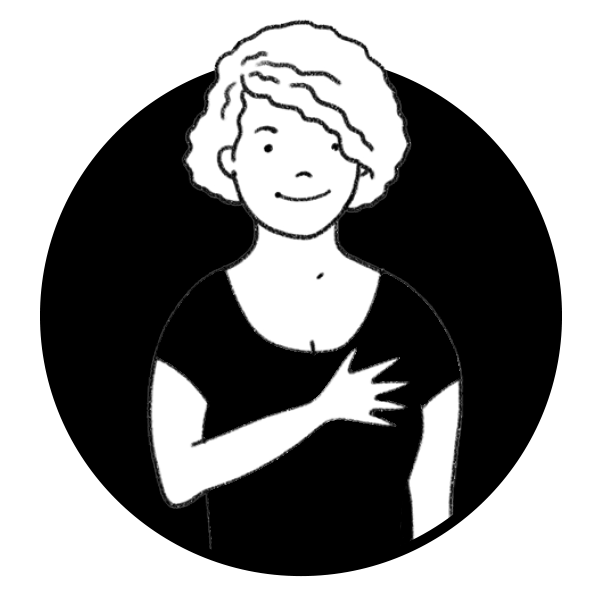Ambreen and I have been interviewing people in-store.
We’ve realised that there are probably some in-store experiences that are negative, but you almost want to forget them as soon as you’ve left the aisle, and you shrug them off. If you hung onto these experiences, it would drive you a little nuts. Things like being confused over the price of a product, or being jostled in the aisle.
If you ask people in-store in a traditional intercept about these minor irritations they might either be too busy to stop and talk to you (we’ve seen people being irritated by trying to choose the right product, but been in a rush, so we haven’t stopped to talk to them), or they might shrug off the irritation (yes, I was confused, but it was on me/ it didn’t really matter that much).
It’s likely that these micro-moments do add up to an overall feeling (perhaps a bit of stress, cognitive load etc) and probably get in the way of feeling good about your shopping experience, and that might ultimately lead to a shift towards other stores, albeit driven non-consciously…
What about a mind-ful shopping technique where participants are briefed/ trained to be mindful of the shopping experience and then report back? This could be done as an intercept – at the beginning of a shop, or in a longer pre-recruited study… (where you targeted people who find shopping in a particular store stressful, for example).
This mindful technique could be used in all sorts of other ‘experience’ research too…
I suspect that participants would get better at it after a few tries.
Worth a look at?


